Climate change is causing a wide range of problems across the entire globe, including intense heat waves that have ruined crops, made millions of people miserable, and even led to thousands of untimely deaths.
The summer of 2024 was one of the hottest on record in the United States and around the world, and sadly, that means more people died from heat-related causes than ever before.
The US Experienced One of the Hottest Summers on Record

The summer of 2024 was one of the hottest on record for almost every US state. While several experienced one of the top 10 hottest summers, for others it was literally the warmest of all time.
Several states reported somewhere between a 6.2 °F and 7.3 °F increase to the average summer temperatures, and while that may not seem like a lot, it made life incredibly challenging and dangerous for millions of people.
Climate Change and Rising Global Temperatures
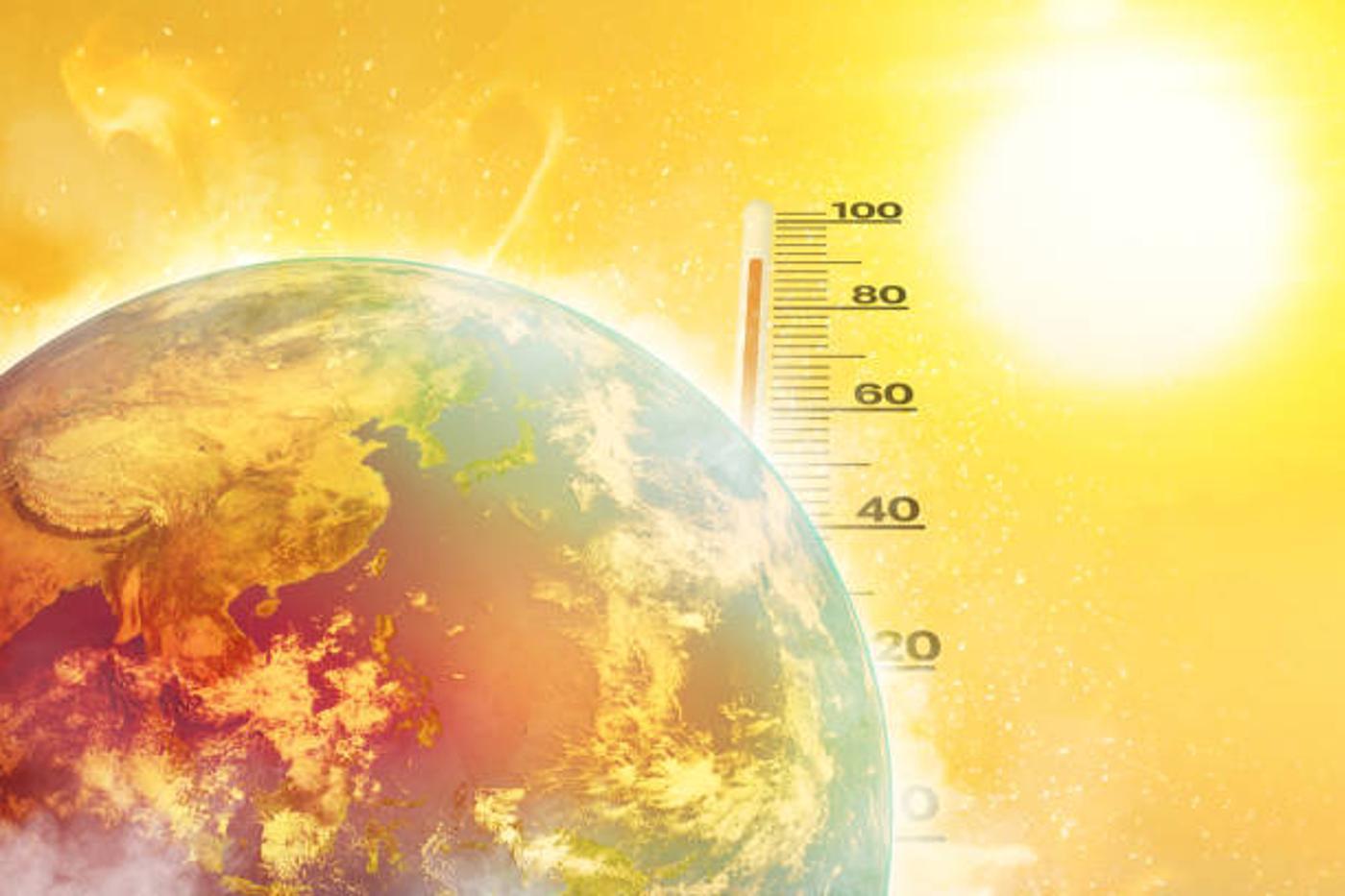
Although most people know at this point that climate change is to blame for the ever-increasing temperatures, few understand the science behind it.
Essentially, the Earth’s atmosphere functions as it should with the right combination of nitrogen, oxygen, argon, and carbon dioxide. However, as humans disturb this natural recipe, the atmosphere changes.
Greenhouse Gasses Create a Literal Greenhouse
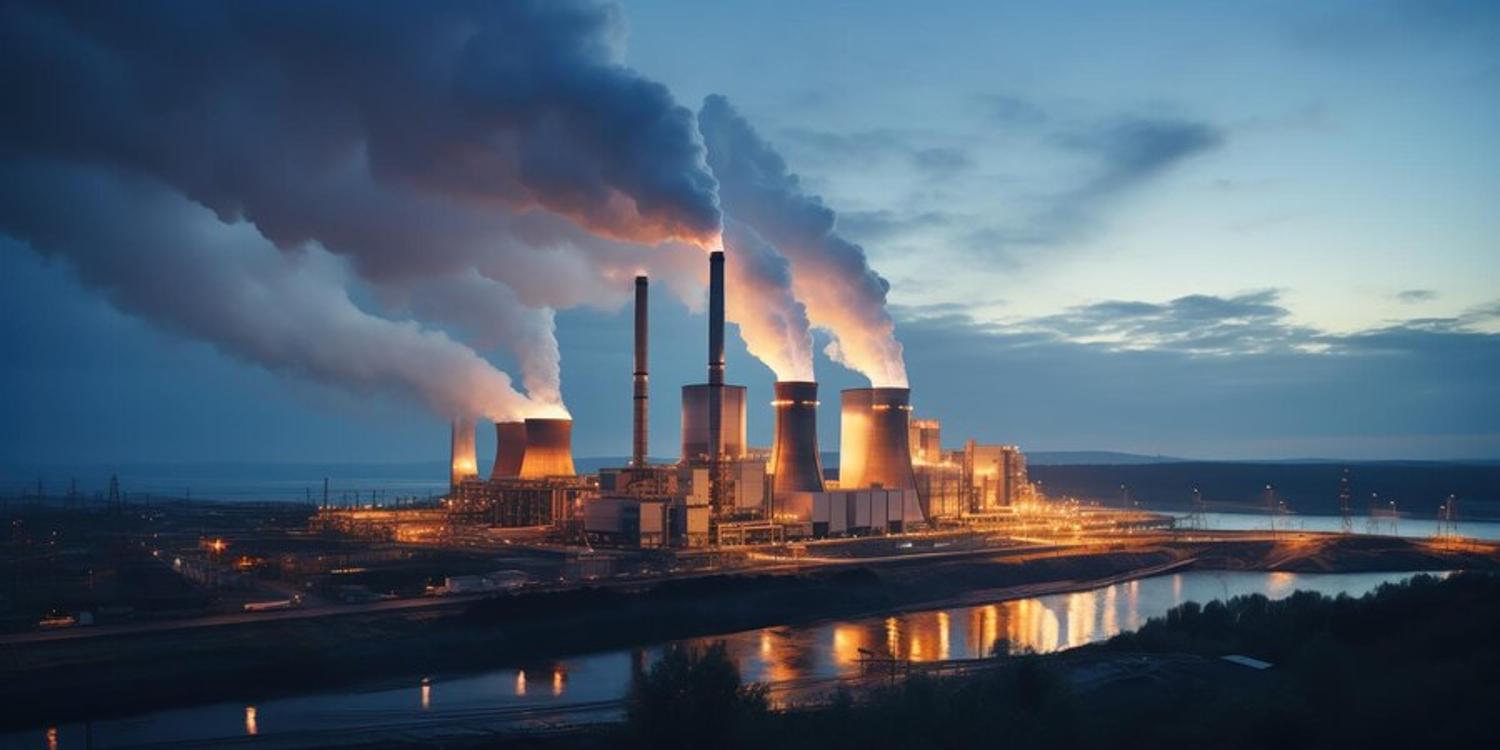
When humans manufacture and use fossil fuels, mine for minerals, and disturb the world’s oceans, excess carbon dioxide is released into the atmosphere.
Scientists call that carbon dioxide greenhouse gas emission because it quite literally turns the atmosphere into a greenhouse. Greenhouses are structures that keep temperature and humidity inside, just like the air is doing to our Earth right now.
Excessive Heat Is Dangerous
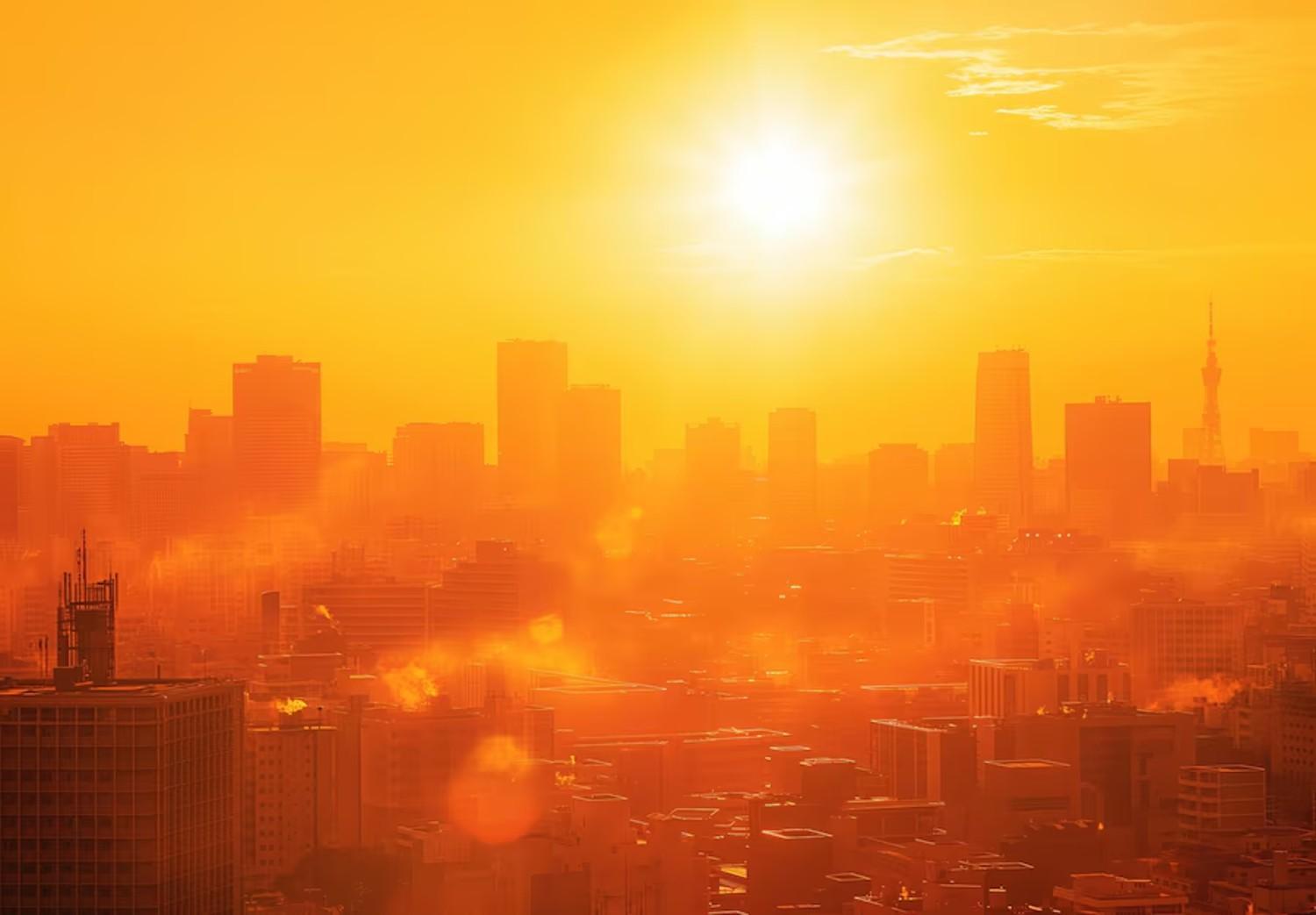
As the Earth’s atmosphere becomes a giant greenhouse, keeping the warm air and humidity close to the surface, we experience hotter and hotter days, weeks, and months.
For some places that are naturally cool, warm weather may seem like fun; however, excessive heat is wildly dangerous for animals, plants, the natural ecosystems of the planet, and, of course, humans.
Risks of Extreme Heat
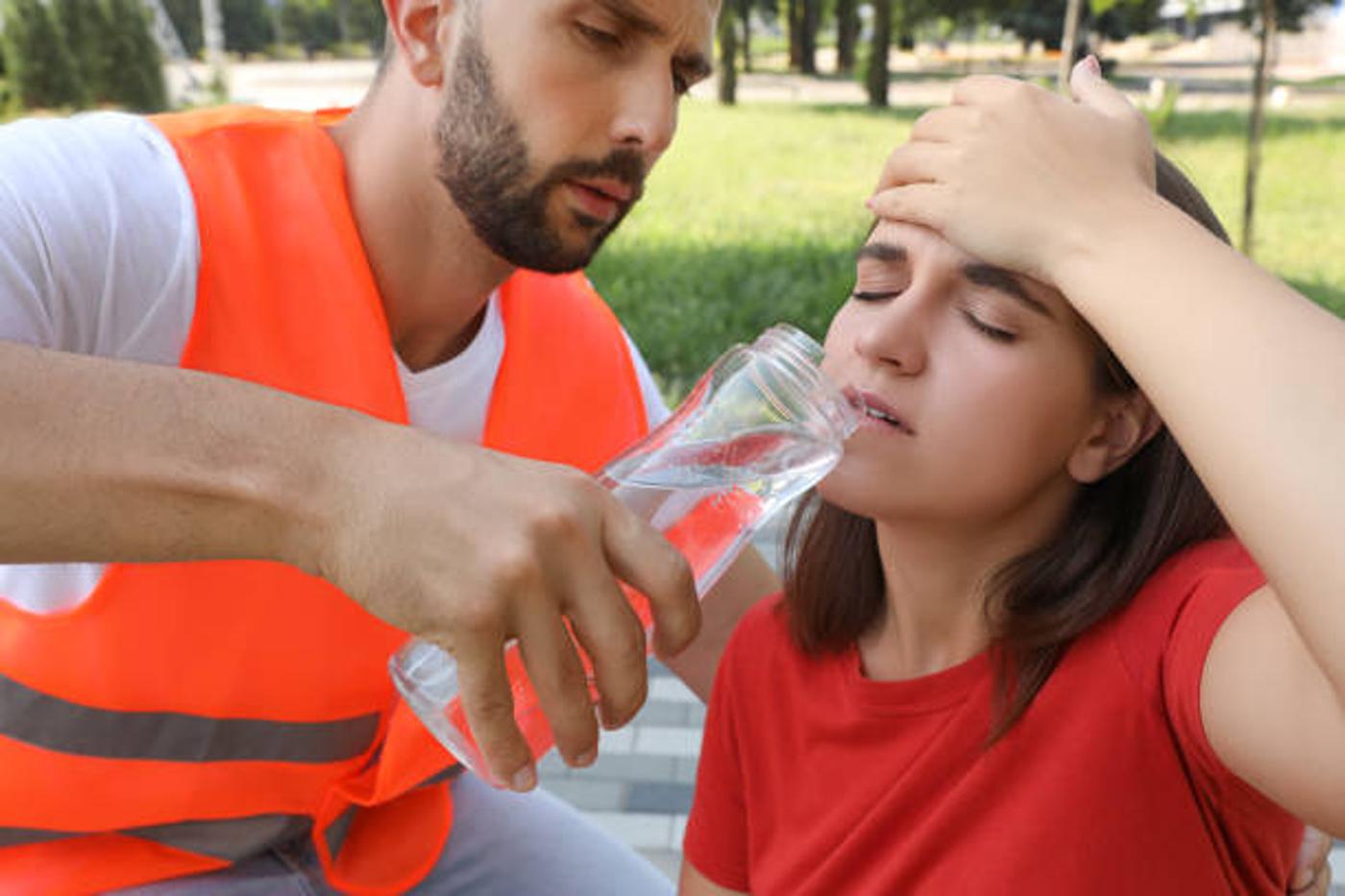
Extreme and consistent heat is a real health hazard. When the body overheats and can no longer regulate its internal temperature, it puts a strain on the organs, specifically the heart and kidneys.
As a result, heat can not only worsen existing health conditions, but also increases the risk of heat exhaustion, heatstroke, heart attacks, and strokes.
How Do You Know If You Have Heat Exhaustion?

In many cases, a person experiencing heat exhaustion or heat stroke will know immediately because they will start to feel sick, dizzy, and experience heart palpitations, and seek medical attention right away.
However, some people may think that these symptoms only signify dehydration or general overheating, and they ignore the signs.
The CDC Says More Than 2,300 People Died From Heat-Related Causes
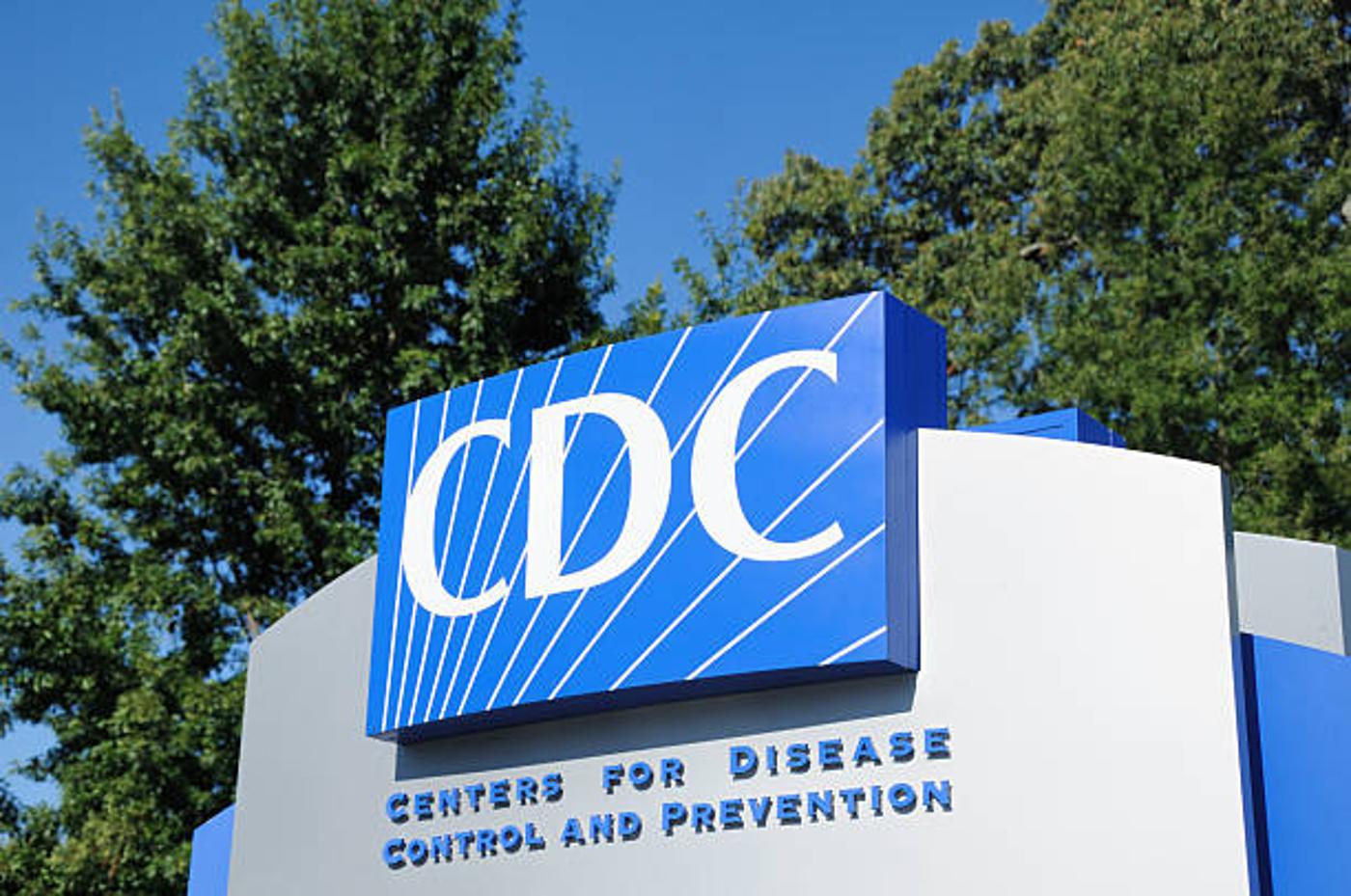
Sadly, the Centers for Disease Control and Prevention (CDC) reported that 2,300 lost their lives due to heat-related causes in 2023 alone. That’s a 117% increase in just 25 years since 1999.
Additional data shows that more than 21,000 heat-related deaths occurred around the world last year. However, experts don’t believe that’s the real number.
Experts Say There Are Likely Thousands More

Scientists who wrote the report say that the number of people who died of heat-related deaths last year is actually far more than 21,000.
And that’s because there is no national or international standard for counting heat deaths. While some people clearly died from heat stroke, others may have experienced a heart attack due to the heat, crashed their car from exhaustion after working outside, or a variety of other direct but untraceable causes.
Extreme Heat Doesn’t Just Kill People
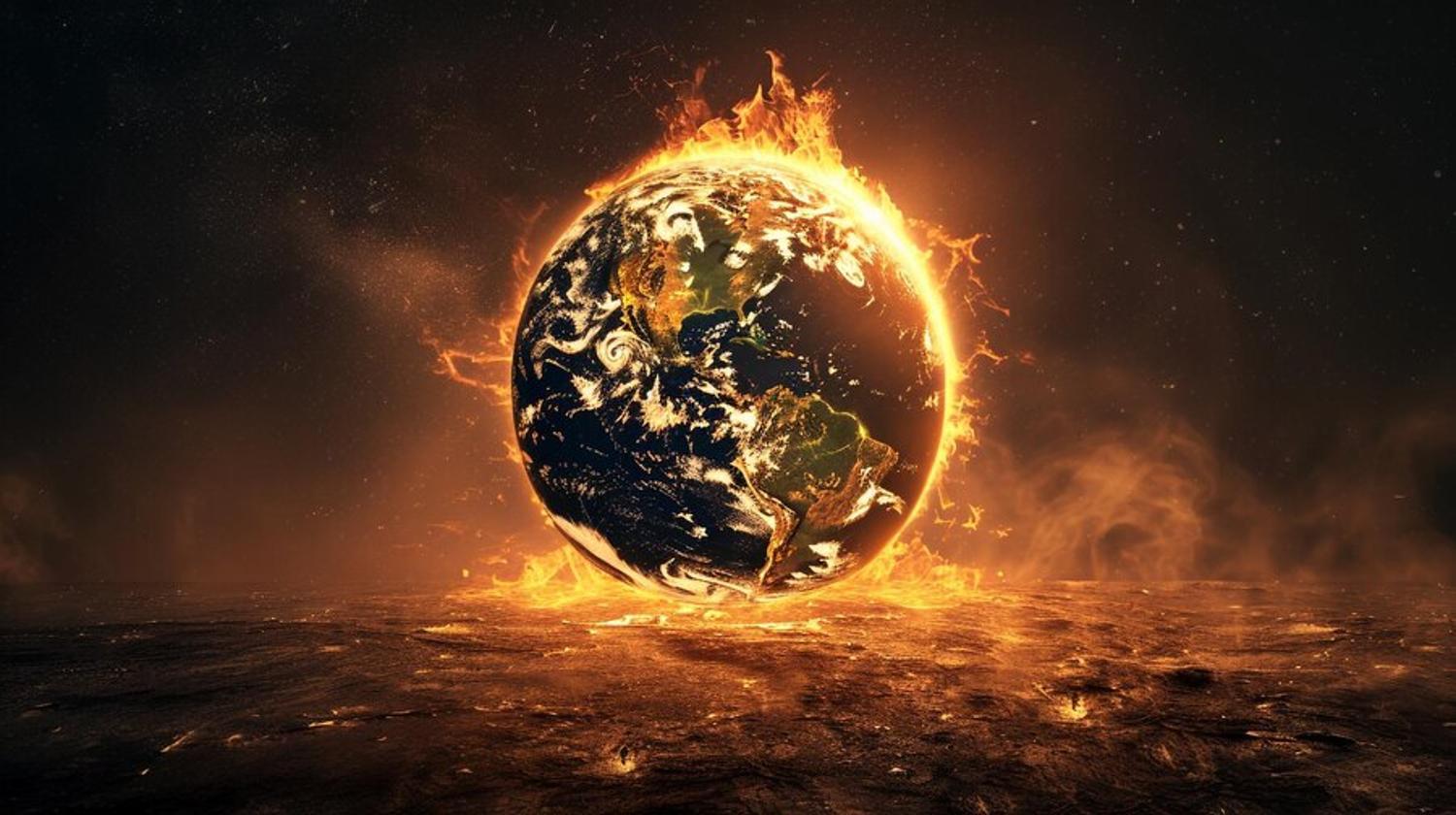
Human well-being and untimely deaths are certainly horrific enough to make scientists and really all people terrified of the on-going heat waves. However, extreme heat doesn’t just hurt people.
It’s also exceptionally detrimental to the world’s animals, plants, oceans, and entire ecosystems. In fact, heat waves are part of a vicious cycle: they are both caused by climate change and intensify it.
Heat Isn’t the Only Deadly Side Effect of Climate Change
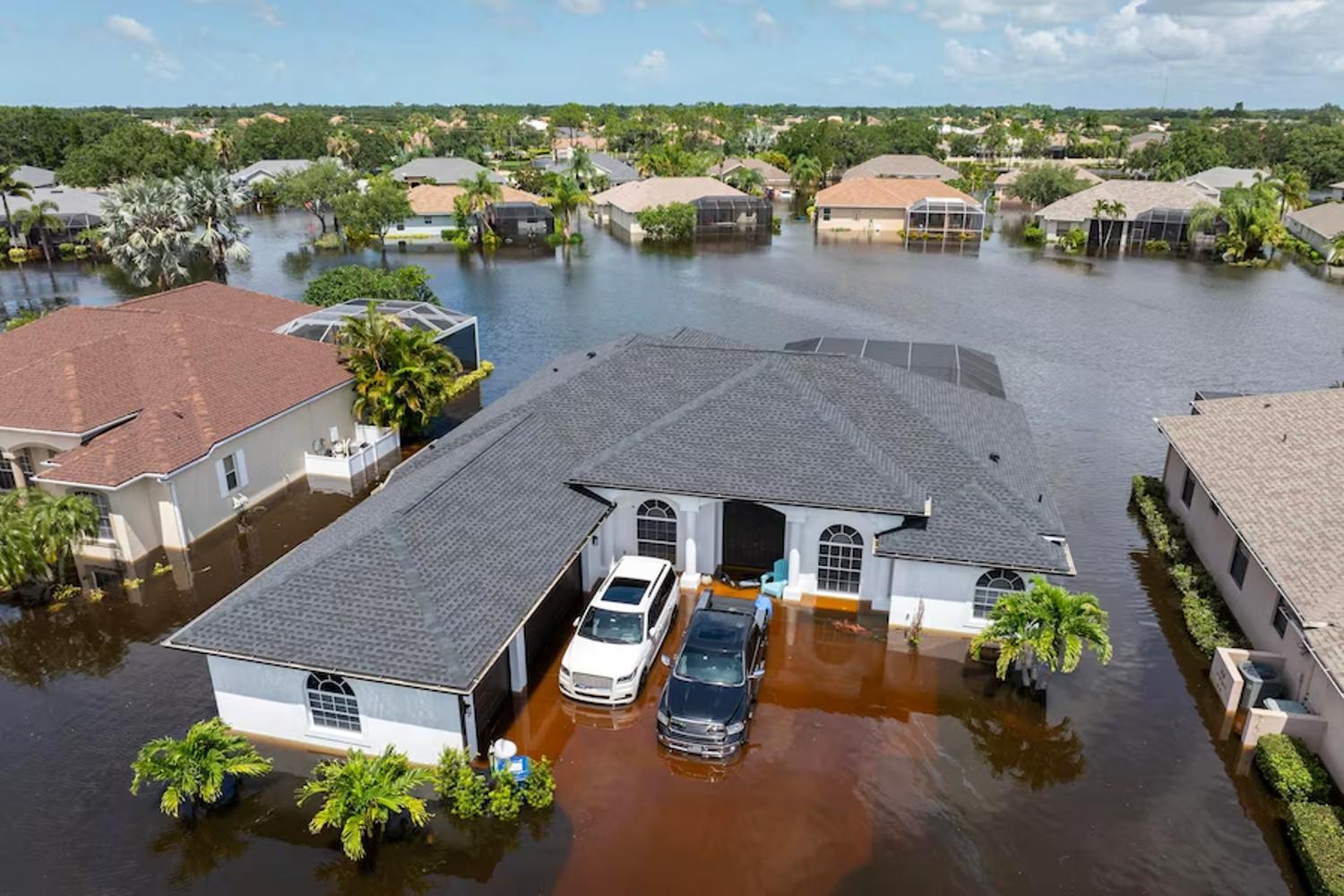
Because heat waves intensify the adverse effects of climate change, like wildfires, drought, flooding, and air pollution, they also cause even more deaths than could ever be recorded.
Thousands of people around the world die every year from each and every one of these side effects. One report even states that climate change causes 315,000 deaths every year.
More People Will Die Due to Climate Change
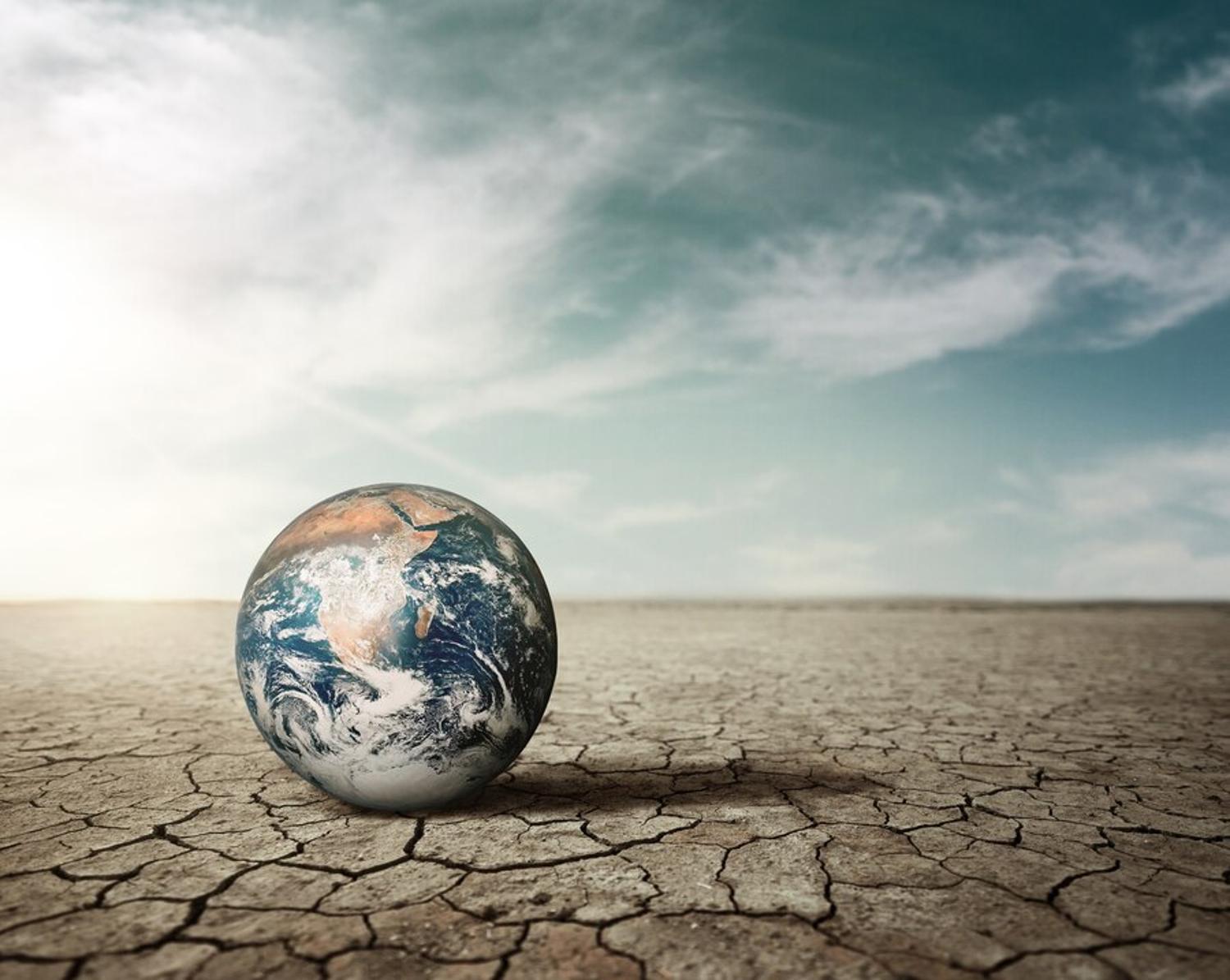
As Jeffery Howard, the lead author on the original heat wave death report, explained, “The current trajectory that we’re on, in terms of warming and the change in the climate, is starting to actually show up in increased deaths.”
He continued, “That’s something that we hadn’t had measured before,” and it really needs to be if we want to save ourselves, our children, and our planet.








































